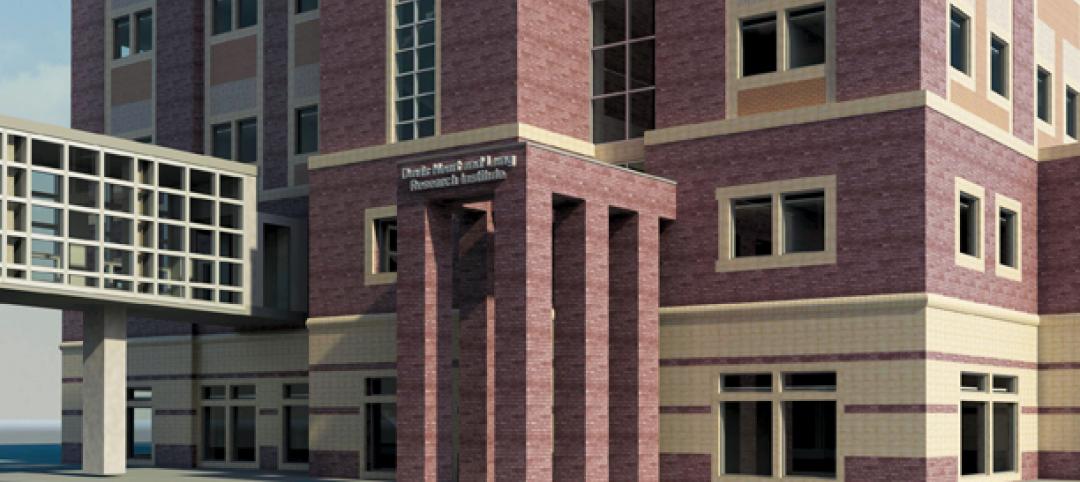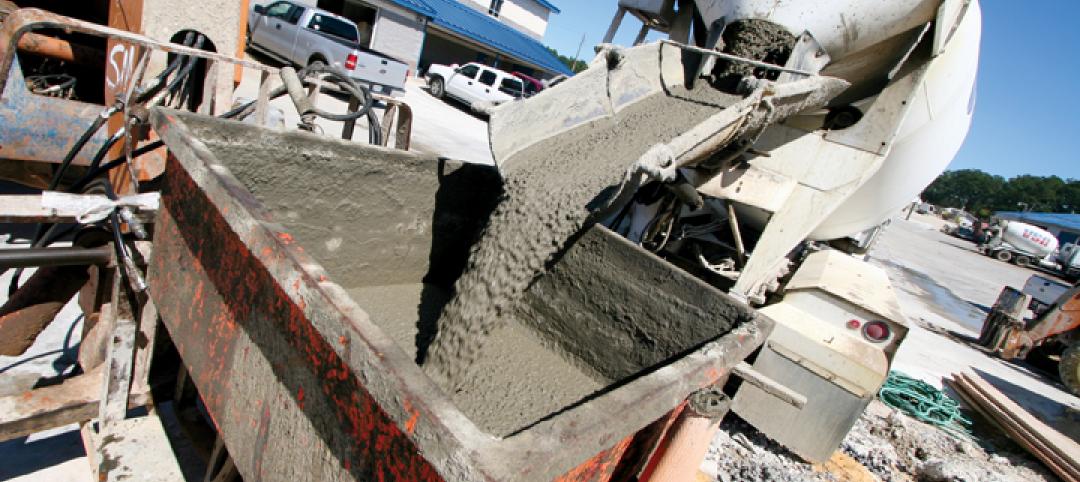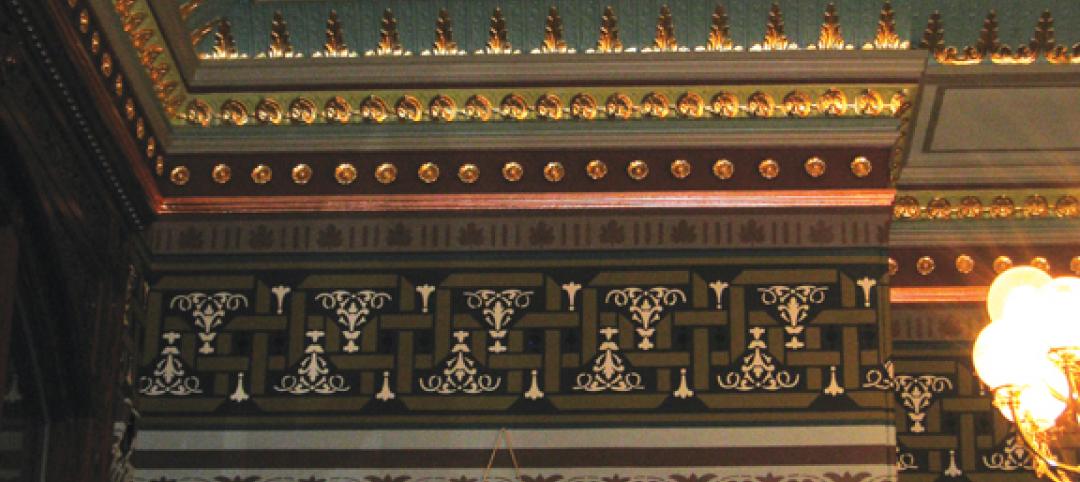“Even a dead cat will bounce if it’s dropped from a high enough altitude,” says an old Wall Street adage. Major economic signals reveal the office building industry is experiencing “a dead cat bounce.”
Sale prices for office buildings enjoyed a moderate bounce to the upside, following the financial crisis of 2007 - 2008. However, the recession and its legacy have vaporized an estimated 275 to 550 million square feet of demand for U.S. office space. While the carnage in the labor market has been slow to influence the office market, the aftershock is beginning to be felt across the country as tenants shed surplus office space.
This assessment comes from B. Alan Whitson, RPA, President of Corporate Realty, Design & Management Institute, and Chair of the Model Green Lease Task Force in a multipart series Office Buildings: The Dead Cat Bounce. In Part One of this series, Whitson zeroes in on changes in the labor market, how it affects demand for office space, and five trends to watch.
“Most pundits have been tracking ‘new unemployment claims’ as their indicator of choice,” says Whitson. “While this worked in past recessions, this time the key is the number of job openings. Before the recession, we averaged 4 million job openings a month. Since the recession ended, job openings have averaged 2.7 million a month. In contrast, layoffs are running 2.1 million a month slightly below the prerecession average of 2.3 million a month. With the economy short 1.3 million job openings every month, a major shake out in the office building market is occurring.”
Five trends to watch from Office Buildings: The Dead Cat Bounce - Part One:
1. Tenants are taking less space, signing short-term leases, and spending less on tenant improvements
2. At 17% vacancy nationwide, tenants are becoming more selective about the space and buildings they lease. Yet, landlords have the upper hand in some submarkets. Tenant that are willing to be flexible and creative can make can make great deals on great space
3. Well-informed building owners will get more creative about the product the offer – work environment vs. square feet
4. Look for an “Uber” class of office buildings to emerge, a combination of location, style, technology, and sustainability. Many 60s, 70s, and 80s era buildings have great locations, good architectural bones and maybe more competitive than some of the newer buildings given a smart upgrade to the skin, mechanical and electrical systems
5. While technology allows us to work anywhere, where we work is becoming more important
As the series moves forward, Whitson will address how these and other changes affect the design, construction, and operation of office buildings. The changing relationship between building owners and their tenants, the leases negotiated, and the types of office buildings tenants are seeking. The goal of the series is to identify the pitfalls to avoid and where to profit from the changes in the office- building marketplace. BD+C
Related Stories
| Jan 3, 2012
Gilbane awarded $88M Contract for Ohio elementary school construction
The new award, which comprises the construction of five new elementary schools and demolition of 11 older facilities, is the latest K-12 building program managed by Gilbane for the Ohio School Facilities Commission since 1998.
| Jan 3, 2012
AIA's ABI November Index reaches 52.0
The Architecture Billings Index (ABI) reached its first positive mark since August.
| Jan 3, 2012
Callison acquires Barteluce Architects & Associates
This acquisition will grow Callison’s New York team to over 75 architects.
| Jan 3, 2012
VDK Architects merges with Harley Ellis Devereaux
Harley Ellis Devereaux will relocate the employees in its current Berkeley, Calif., office to the new Oakland office location effective January 3, 2012.
| Jan 3, 2012
Weingarten, Callan appointed to BD+C Editorial Board
Building Design+Construction has named two new members to its editorial board. Both are past recipients of BD+C’s “40 Under 40” honor.
| Jan 3, 2012
New Chicago hospital prepared for pandemic, CBR terror threat
At a cost of $654 million, the 14-story, 830,000-sf medical center, designed by a Perkins+Will team led by design principal Ralph Johnson, FAIA, LEED AP, is distinguished in its ability to handle disasters.
| Jan 3, 2012
BIM: not just for new buildings
Ohio State University Medical Center is converting 55 Medical Center buildings from AutoCAD to BIM to improve quality and speed of decision making related to facility use, renovations, maintenance, and more.
| Jan 3, 2012
New SJI Rule on Steel Joists
A new rule from the Steel Joist Institute clarifies when local reinforcement of joists is required for chord loads away from panel points. SJI members offer guidance about how and when to specify loads.
| Jan 3, 2012
AIA Course: New Developments in Concrete Construction
Earn 1.0 AIA/CES learning units by studying this article and successfully completing the online exam.
| Jan 3, 2012
The Value of Historic Paint Investigations
An expert conservator provides a three-step approach to determining a historic building’s “period of significance”—and how to restore its painted surfaces to the correct patterns and colors.















